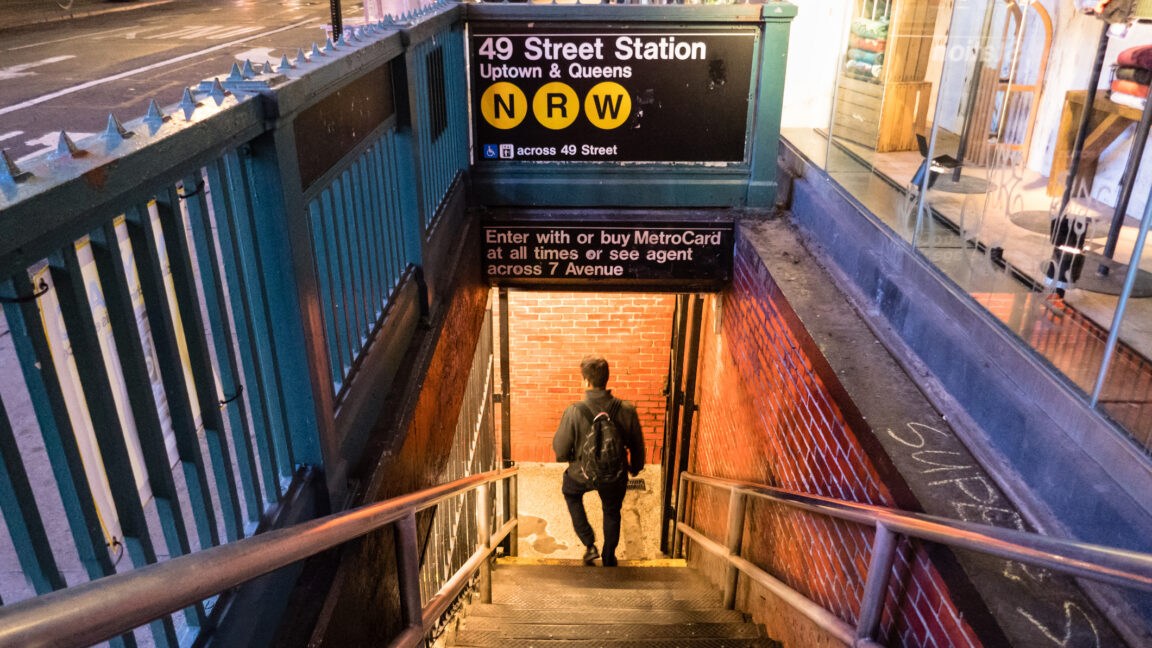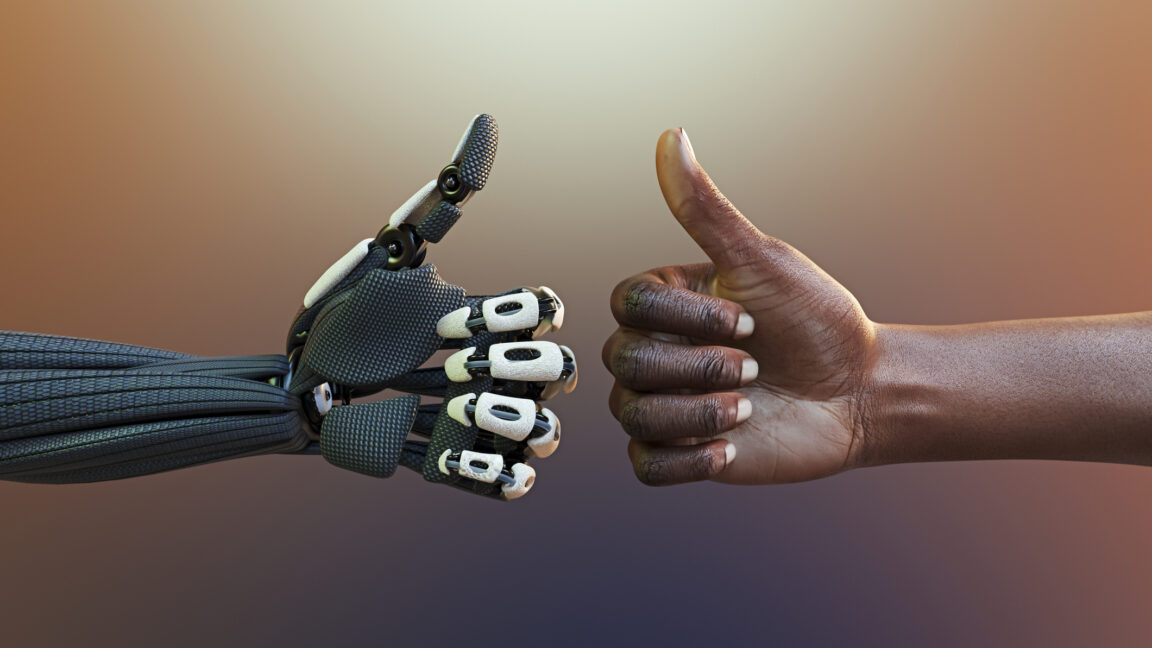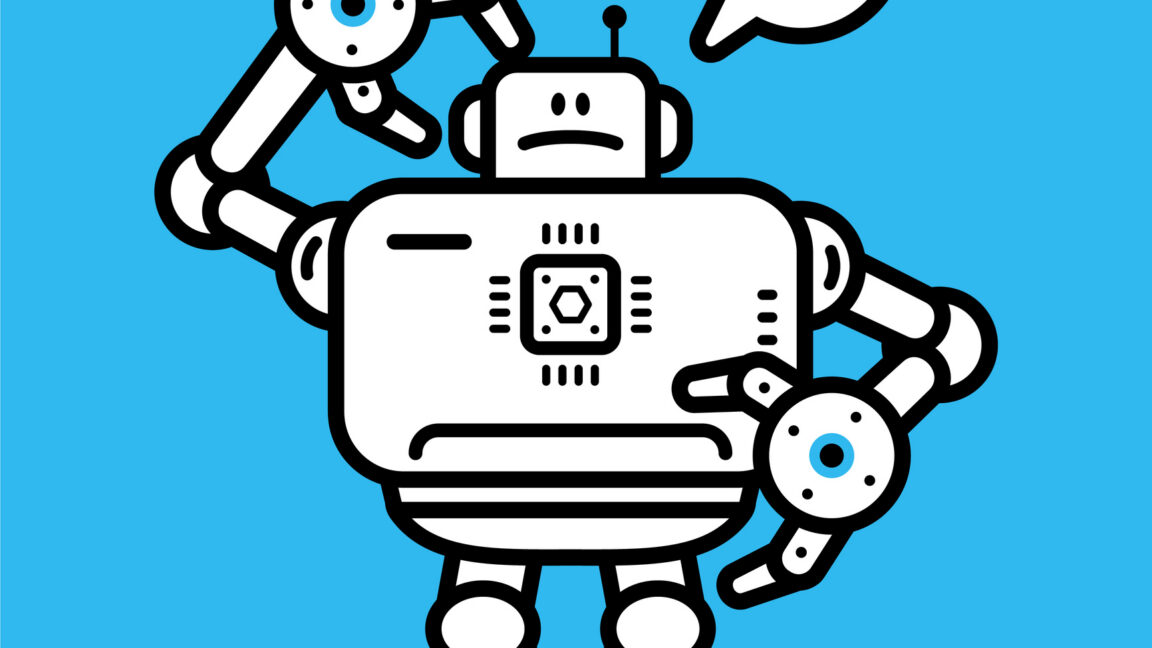Introduction to AI Friends
The concept of AI friends has been gaining attention lately, with some people embracing the idea and others criticizing it. A company called Friend has been at the center of this controversy, with its founder, Schiffman, defending his product as a way to supplement human friendships, not replace them. The company has been running ads in the New York City subway system, which has sparked a backlash from critics who accuse Schiffman of taking advantage of the loneliness epidemic.
The Loneliness Epidemic
Researchers at the Harvard Graduate School of Education’s Making Caring Common found that people between 30-44 years of age are the loneliest group, with 73 percent of those surveyed selecting technology as contributing to loneliness in the country. This has led some to criticize Schiffman’s AI Friend pendant, which is designed to provide companionship to users. However, Schiffman rejects these criticisms, saying that his product is intended to raise the "average emotional intelligence" of users "significantly."
The Controversy Surrounding AI Friends
The MTA has not commented on the controversy, but Victoria Mottesheard, a vice president at Outfront Media, which manages MTA advertising, told the New York Times that the Friend campaign blew up because AI "is the conversation of 2025." The ads have not yielded significant sales, with only 3,100 units sold so far. Schiffman expects that society isn’t ready for AI companions to be promoted at such a large scale and that his ad campaign will help normalize AI friends.
Backlash Against Friend Ads
Critics have rushed to attack Friend on social media, inspiring a website where anyone can vandalize a Friend ad and share it online. The website has received close to 6,000 submissions so far, with visitors able to take a tour of these submissions by choosing "ride train to see more" after creating their own vandalized version. Some examples of vandalized ads include changing "Friend" to "Fries" or transforming the ad into a campaign for "fried chicken." Others were more serious, turning the ad into a warning about the mental health risks of relying on AI companions.
Performance Art and Protests
The website has become a platform for performance art and protests against the Friend ads. Visitors can create their own vandalized versions of the ads and share them online. The website’s creator, Marc Mueller, told the New York Times that the site has received a lot of attention, with many people using it to express their opinions about AI friends. Some have used the site to poke fun at the ads, while others have used it to raise serious concerns about the potential risks of relying on AI companions.
Conclusion
The controversy surrounding AI friends is complex and multifaceted. While some people see AI friends as a way to supplement human friendships, others criticize them as a potential contributor to the loneliness epidemic. The backlash against the Friend ads has sparked a wider conversation about the role of technology in our lives and the potential risks and benefits of relying on AI companions. As the conversation continues, it’s likely that we’ll see more debate and discussion about the future of AI friends and their place in our society.
FAQs
- What is the Friend AI pendant, and how does it work?
The Friend AI pendant is a device designed to provide companionship to users. It uses artificial intelligence to interact with users and provide them with emotional support. - Why have the Friend ads been controversial?
The Friend ads have been controversial because some people criticize them as taking advantage of the loneliness epidemic. Others have raised concerns about the potential risks of relying on AI companions. - What is the website where people can vandalize Friend ads, and how does it work?
The website is called Vandalize Friend, and it allows users to create their own vandalized versions of the Friend ads and share them online. Users can take a tour of the submissions by choosing "ride train to see more" after creating their own vandalized version. - What are some of the concerns about AI friends and their potential impact on mental health?
Some people have raised concerns about the potential risks of relying on AI companions, including the alleged suicide risks of products like Character.AI and ChatGPT. These concerns have sparked lawsuits and prompted a Senate hearing.











